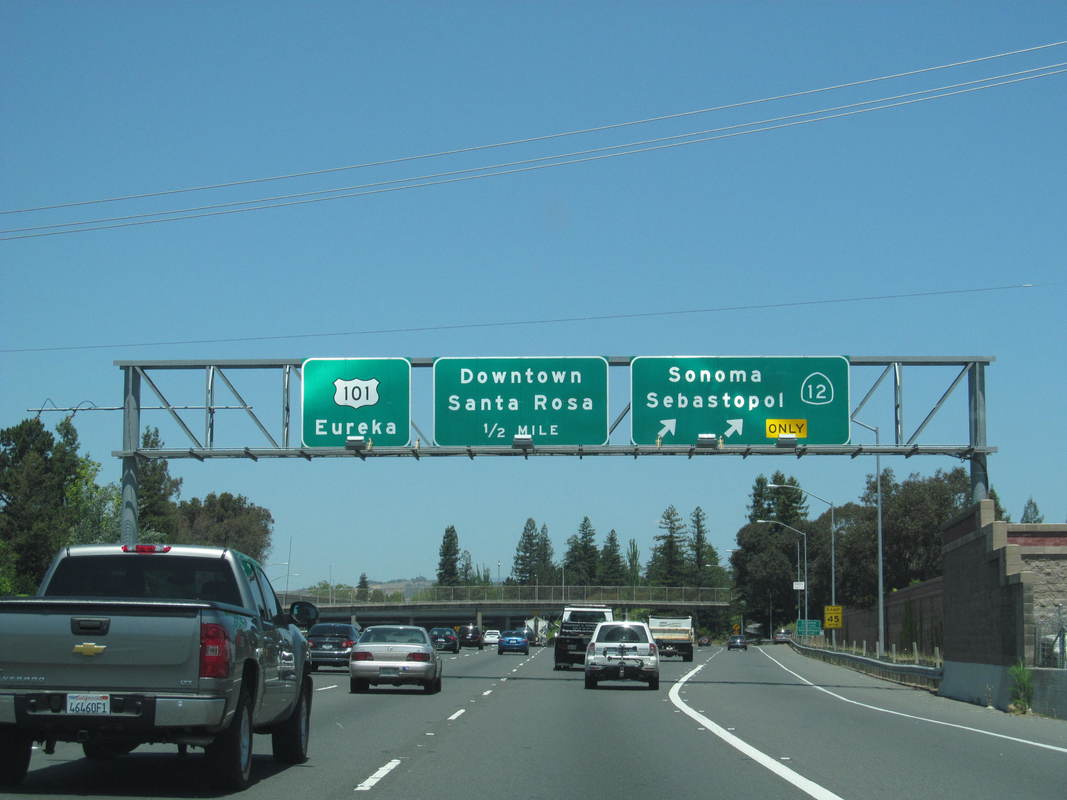|
While most states don’t take such a hard line, California law[1], unfortunately requires doctors to report a patient’s lapse of consciousness to the State Department of Health, which then reports it to the DMV. Under the State’s regulatory framework, which aims to ensure the safety of the public, the DMV is authorized to suspend the driver's driving privilege after receiving such a notification.[2] …And it can be any lapse of consciousness that triggers a suspension; the DMV is authorized to suspend a license for any reason from the patient suffering a seizure all the way down to a person bumping their head, or passing out as a result of being under the influence of a drug. While the DMV generally does not fully suspend a license of driver’s[3] who have (1) just suffered their first lapse of consciousness, (2) have only nocturnal seizures only, or (3) seizures caused by a physician-directed medication change, the DMV retains wide discretion to ensure the driver poses little risk to themselves or others on the road when they are behind the wheel.
Vehicle Code section 12806c, states "The department may refuse to issue to, or renew a driver's license of, any person who has a disorder characterized by lapses of consciousness or who has experienced, within the last three years, either a lapse of consciousness or an episode of marked confusion caused by any condition which may bring about recurrent lapses." When determining whether to place any type of restrictions—right up to a full-blown suspension—on a driver’s driving privilege the DMV usually looks to: (1) Type & frequency of any lapses of consciousness. (2) the reliability of "warning" signals a driver may get in advance of recurring lapses of consciousness, (3) the length of time which has elapsed since the last lapse of consciousness., (4) whether the driver is complying with their medication schedule, and (5) the driver’s driving history. However, all hope is not lost for drivers who have been issued an order of suspension or revocation. If they request a hearing within 10 days of receiving any such orders, the driver is entitled to a hearing. At that hearing, the driver (or their attorney, of course,) can present evidence which demonstrates that the driver does not pose a risk to the safety of other drivers on the road. What the DMV should be looking to assess is whether the driver (1) is afflicted with “a disorder characterized by lapses of consciousness,” (2) experienced, within the last three years, either a lapse of consciousness or an episode of marked confusion caused by any condition which may bring about recurrent lapses, or (3) has any other physical or mental disability, disease, or disorder which could affect the safe operation of a motor vehicle. What this means is that even if there is a determination that the driver has a disorder or disease which could cause lapses of consciousness, the burden is on the DMV to demonstrate that the condition currently affects his or her ability to drive safely. Further, there must be a direct connection between the condition and the driver’s ability to safely operate a car. Perhaps the strongest piece of evidence a driver (or their attorney,) can use to prove that the driver should have their license privilege reinstated is a medical evaluation, which is often documented using the DMV’s form DS 326. The information a doctor would present in that form is comprehensive and directly tailored towards helping the DMV hearing officer understand the nature of the issue which caused the lapse of consciousness. Upon receiving a ruling from the initial hearing officer, a driver is entitled to a DMV review of the decision, but it needs to be noted that that departmental review is limited to a review of the hearing report and any other evidence presented at that hearing, and the driver is not allowed to introduce any new evidence. The driver can also request a court review of the matter through a process known as filing a writ of mandamus, but that review is also narrow in scope, looking only to whether the DMV abused its discretion in suspending the license. If your license has been suspended for medical reasons and you wish to contest the suspension, Devina Douglas would be happy to assist you. [1] Per Health & Safety Code 103900 [2] Other reasons for suspending a driver’s license include:
[3] And instead, just place the driver on medical probation. Should the police be allowed to take DNA samples from people they arrest on charges related to serious crimes, even if there are no plans to prosecute the arrestee for the offenses? While many of us would like to think not, the U.S. Supreme Court, in a 5-4 decision in Maryland v. King, said they could.[1]
Ginsberg, Sonia Sotomayor and Elena Kagan in the minority. Before reaching the US Supreme Court, the Maryland Court of Appeals had held that the DNA sample from the Defendant was unlawful. His DNA had been taken after his 2009 arrest on assault charges, and the helped to link him to an old rape case, and he was subsequently convicted of the rape. Sustaining the conviction, the US Supreme Court the majority asserted that the collection of DNA samples is merely the 21st-century equivalent of collecting fingerprints. “When officers make an arrest supported by probable cause to hold for a serious offense and they bring the suspect to the station to be detained in custody, taking and analyzing a cheek swab of the arrestee’s DNA is, like fingerprinting and photographing, a legitimate police booking procedure that is reasonable under the Fourth Amendment,” Kennedy wrote. “There can be little reason to question ‘the legitimate interest of the government in knowing for an absolute certainty the identity of the person arrested, in knowing whether he is wanted elsewhere, and in ensuring his identification in the event he flees prosecution.’ . . . In the balance of reasonableness required by the Fourth Amendment, therefore, the Court must give great weight both to the significant government interest at stake in the identification of arrestees and to the unmatched potential of DNA identification to serve that interest.” That said, however, the court made sure to note that the need for identification alone is not enough to justify a search. As could be expected, not all the justices agreed that the need for identification outweighed the privacy interests at stake, fearing that the court’s ruling could open up the possibility of DNA swabs being collected by law enforcement after making any kind of arrest. The “judgment will, to be sure, have the beneficial effect of solving more crimes; then again, so would the taking of DNA samples from anyone who flies on an airplane (surely the Transportation Security Administration needs to know the ‘identity’ of the flying public), applies for a driver’s license or attends a public school. Perhaps the construction of such a genetic panopticon is wise. But I doubt that the proud men who wrote the charter of our liberties would have been so eager to open their mouths for royal inspection,” Scalia wrote. “I, therefore, dissent and hope that today’s incursion upon the Fourth Amendment, like an earlier one, will some day be repudiated.” [1] Justice Anthony Kennedy, writing for the majority, was joined by Chief Justice John Roberts and Justices Clarence Thomas, Stephen Breyer and Samuel Alito. Justice Antonin Scalia, who wrote the dissenting opinion, was joined Justices Ruth Bader Ginsberg, Sonia Sotomayor and Elena Kagan in the minority. |
AuthorDevina strives to make information relevant to the lives of her clients easily accessible. Archives
July 2024
Categories
All
|
Proudly serving Sonoma, Marin, Napa, Mendocino and Lake Counties (and occasionally venturing as far as Yolo, Santa Clara and San Mateo Counties).
Proudly powered by Weebly
This website is for informational purposes only and does not provide legal advice. Do not act or refrain from acting based on anything you read on this site. Using this site or communicating with the Law Office of Devina Douglas through this site does not form an attorney/client relationship. This site is legal advertising. Please review the full disclaimer for more information. (LINK TO FULL DISCLAIMER PAGE)

 RSS Feed
RSS Feed




